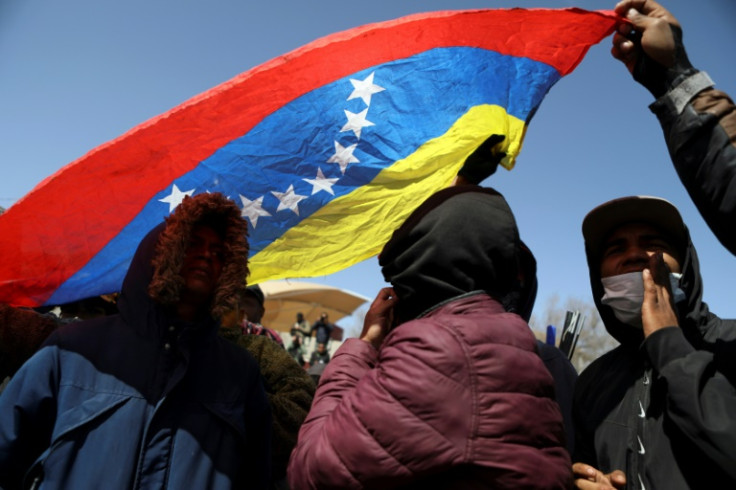
The Carter Center will send a mission to Venezuela to oversee its upcoming presidential elections on July 28, Bloomberg reported. The Atlanta-based organization announced on Wednesday that it had accepted an invitation extended by the government-friendly electoral body in March.
The news are significant as international oversight will play a key role in the election's perceived legitimacy. Dozens of countries refused to recognize the last presidential elections, arguing that the process where Nicolás Maduro claimed the victory were ridden with inconsistencies and unclean.
Concerns about this process were exacerbated over the past weeks after the electoral body withdrew such an invitation to the European Union, saying it would be "immoral" to allow so given its "neocolonialist and interventionist practices" with regards to the country.
The decision drew criticism by several members of the international community, including the EU, U.S. and the G7 group as a whole. The latter said in a recent statement that this jeopardizes the opposition's chances of a fair process.
The country members expressed their "deep concern about the opposition's rights within the electoral process and the decision to withdraw the invitation for an electoral oversight mission from the EU."
The group, which is formed by the United States, the United Kingdom, Germany, Italy, France, Japan and Canada, also requested the country conduct "competitive and inclusive elections" and to "stop harassing opposition members and release all political prisoners."
As the time to go to the polls gets closer, the government has stepped up harassment of opposition members. The latest example took place last week, when three opposition activists were arrested after being involved in the organization of political rallies for presidential candidate Edmundo González Urrutia and top opposition leader María Corina Machado. She said this week that 37 activists have been "arbitrarily detained" so far this year.
The detentions were rejected by the U.S., with Assistant Secretary of State for Western Hemisphere Affairs, Brian Nichols saying that "ongoing harassment of members of Venezuela's democratic opposition are deeply concerning developments in the run up to the July 28 presidential election." "Venezuelan candidates & activists should be allowed to campaign peacefully & free from intimidation."
The Venezuelan government harshly condemned the statement, with Venezuelan Foreign Minister Yván Gil saying the country was interfering "in matters that do not concern them." "Mr. Nichols returns with his vulgar obsession to insult Venezuelans by interfering in matters that do not concern him," Gil added.
"It seems that the defeat painted on the foreheads of his puppets is causing him more pain than ever. His attempts to interfere in our process will be as effective as the policies of his government: A resounding failure! They haven't succeeded and they never will."
However, polls are pointing in the other direction. A recent one by ORC Consultores showing the opposition candidate with over 50% of the votes compared to Maduro's 15%.
Some 18% of respondents said they are still undecided, but even if all those votes were to go to the president, he would still be lagging the opposition candidate.
© 2025 Latin Times. All rights reserved. Do not reproduce without permission.






